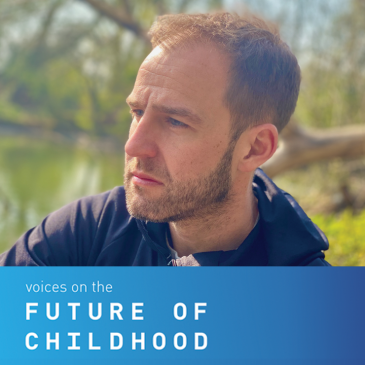For the fourth part of this series, we asked experts to focus their predictions on digital play by answering the question, “How will the way children play with digital media change in the coming months and/or years as a result of the coronavirus pandemic?”
Opening the black box of digital play
 Andrew Przybylski, PhD, is a Psychologist and Associate Professor at the University of Oxford.
Andrew Przybylski, PhD, is a Psychologist and Associate Professor at the University of Oxford.
Play is the fundamental activity through which humans learn, live, and adapt to the world. Across millennia, play has taken manifold forms, and subsequently each generation has debated the changes in how, with whom, and why children play.
In recent years, however, a minority of voices have captured this discourse, centering the discussion on fears that emergent forms of play drive aggression, addiction, and ill health.
We’ve let think pieces cast digital play and online socializing as threats. Sloppy science, scary headlines, and black box concepts like “social media” and “screen time” have undermined our appreciation of modern play. Rather than empowering families to make the most of the digital world, our anxieties have been leveraged by those who preach digital abstinence as the path well-meaning parents must tread to keep young people safe.
The realities of families living under lockdown put the lie to these misprescriptions. Few can now afford the luxury of cutting out screens altogether. Nor can they think they are keeping their children safe simply by taking smartphones away before bedtime. We need to accept that the digital genie is out of the bottle and get actively involved in the digital lives of children.
In a world where parents are working from home and schools are closed, we have little choice but to ignore the “gurus” and face the reality of digital play. We are having to ask deeper questions about how we are all using digital technologies. There are no easy answers, but if we can open these digital black boxes together as families, there is a real chance we can reset this generation’s conversation on play.
See more posts in this series:
Voices on the Future of Childhood
J. Alison Bryant | Andrew Przybylski | Jesse Schell | Jordan Shapiro
Juan Rubio | Katie Salen Tekinbaş | Mitchel Resnick | Tami Bhaumik

